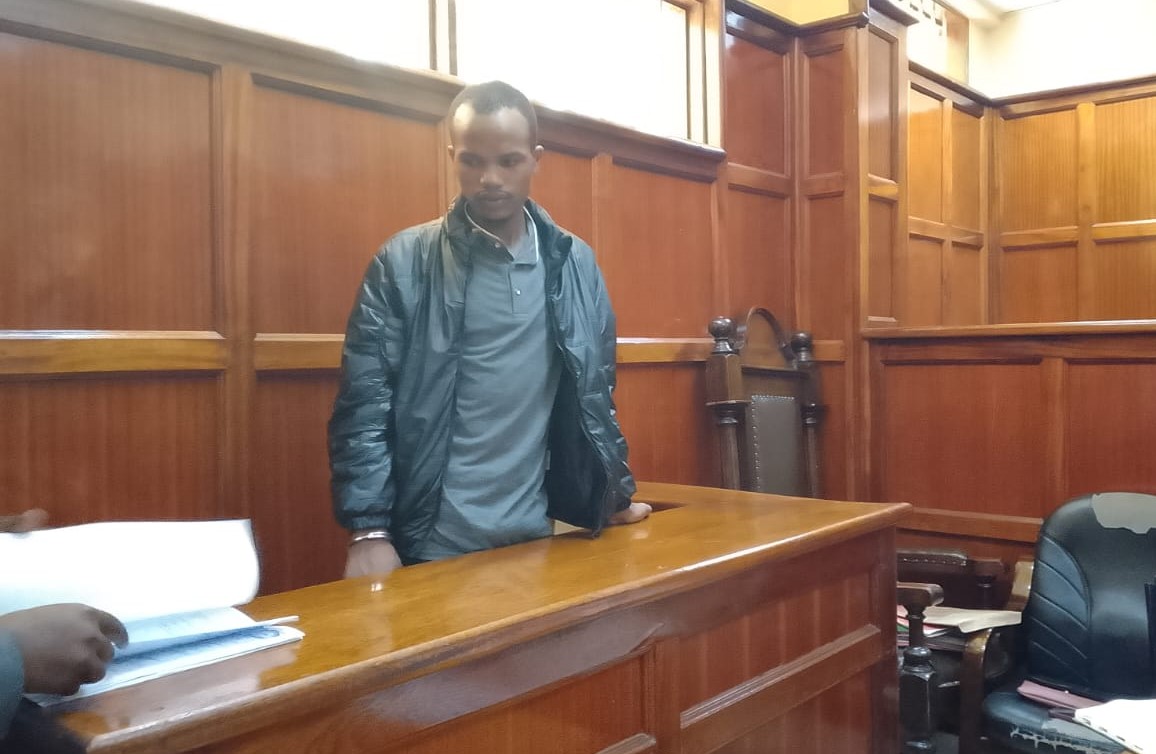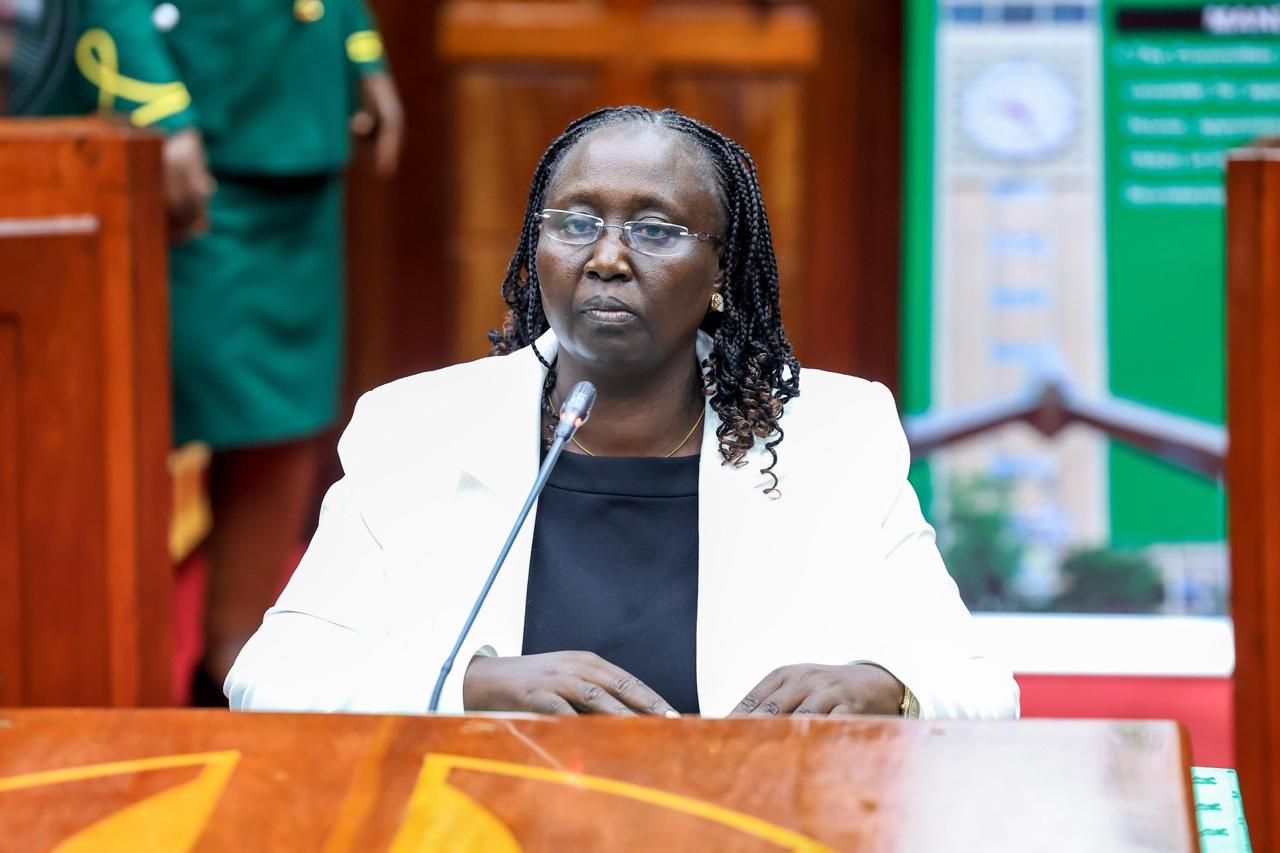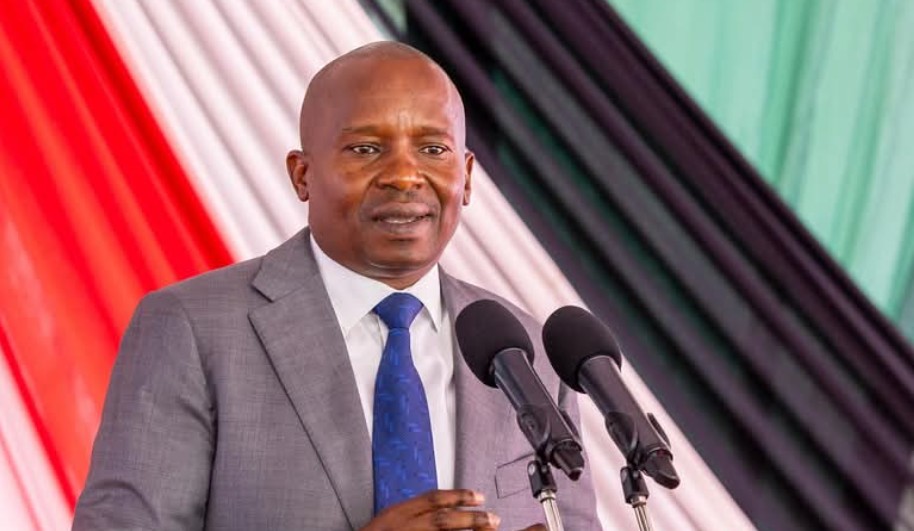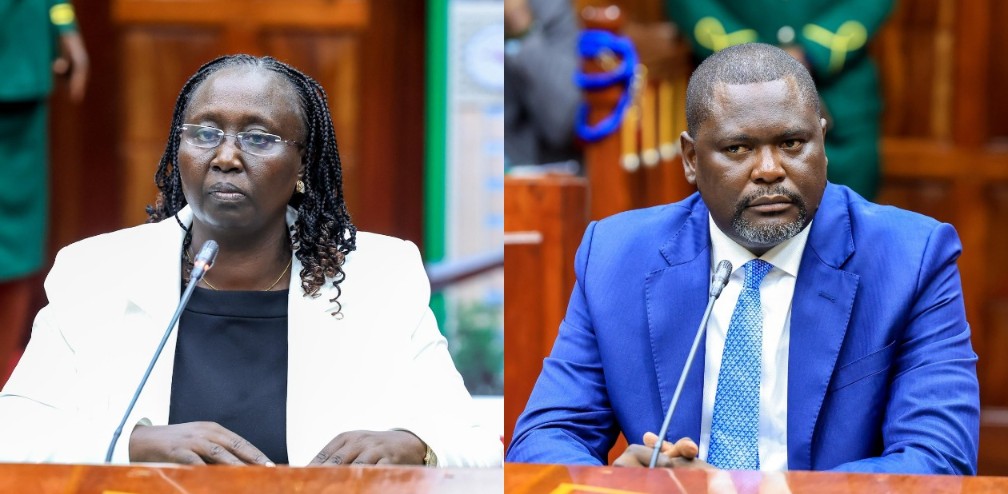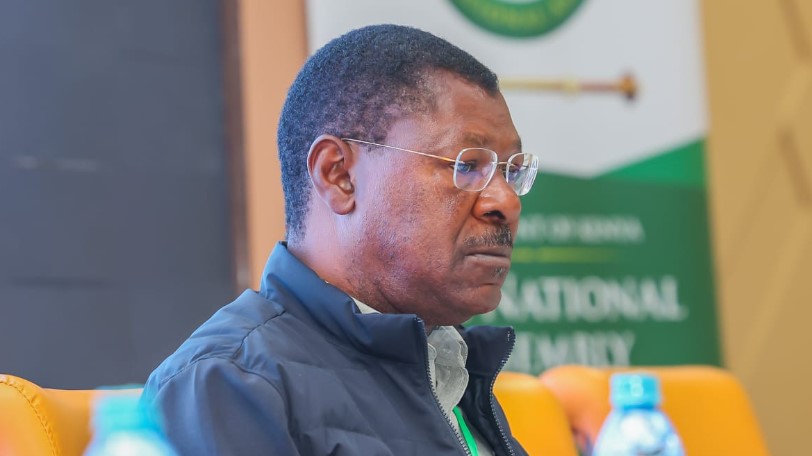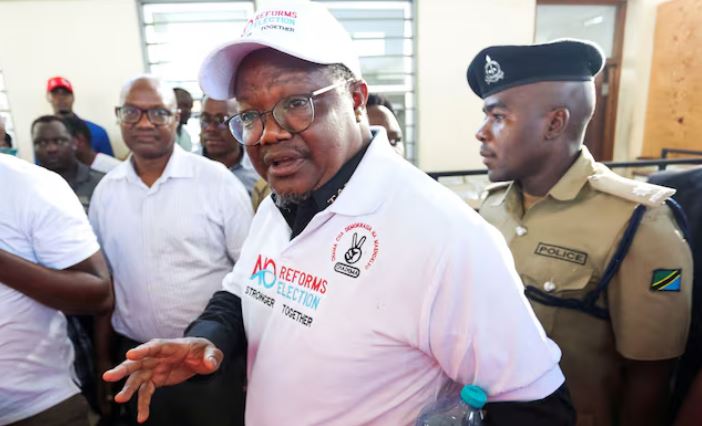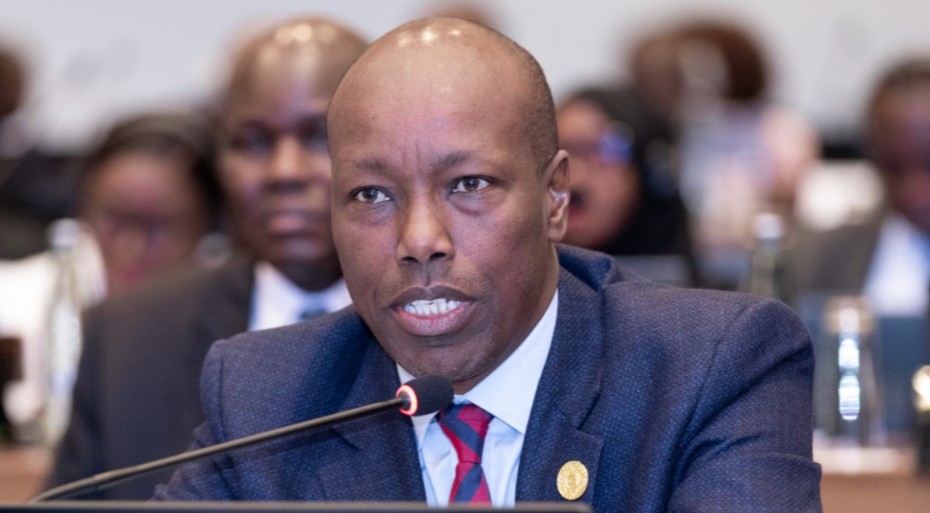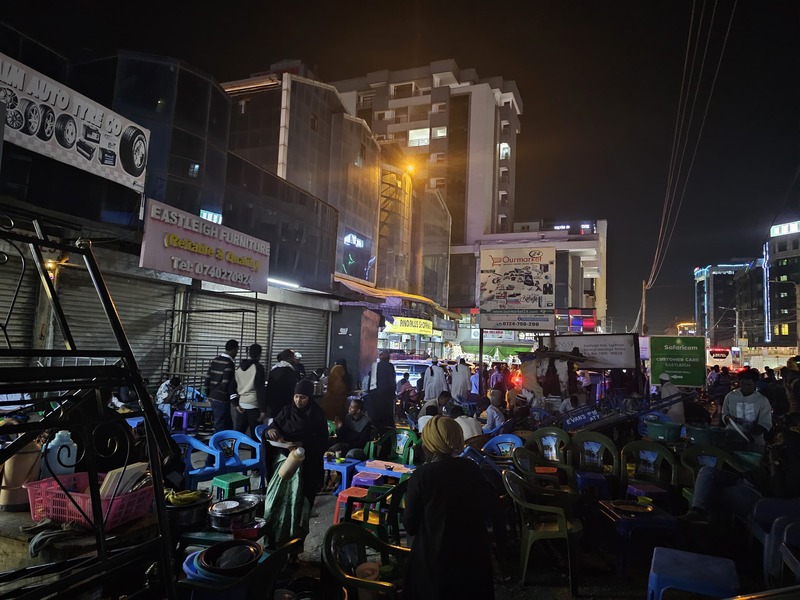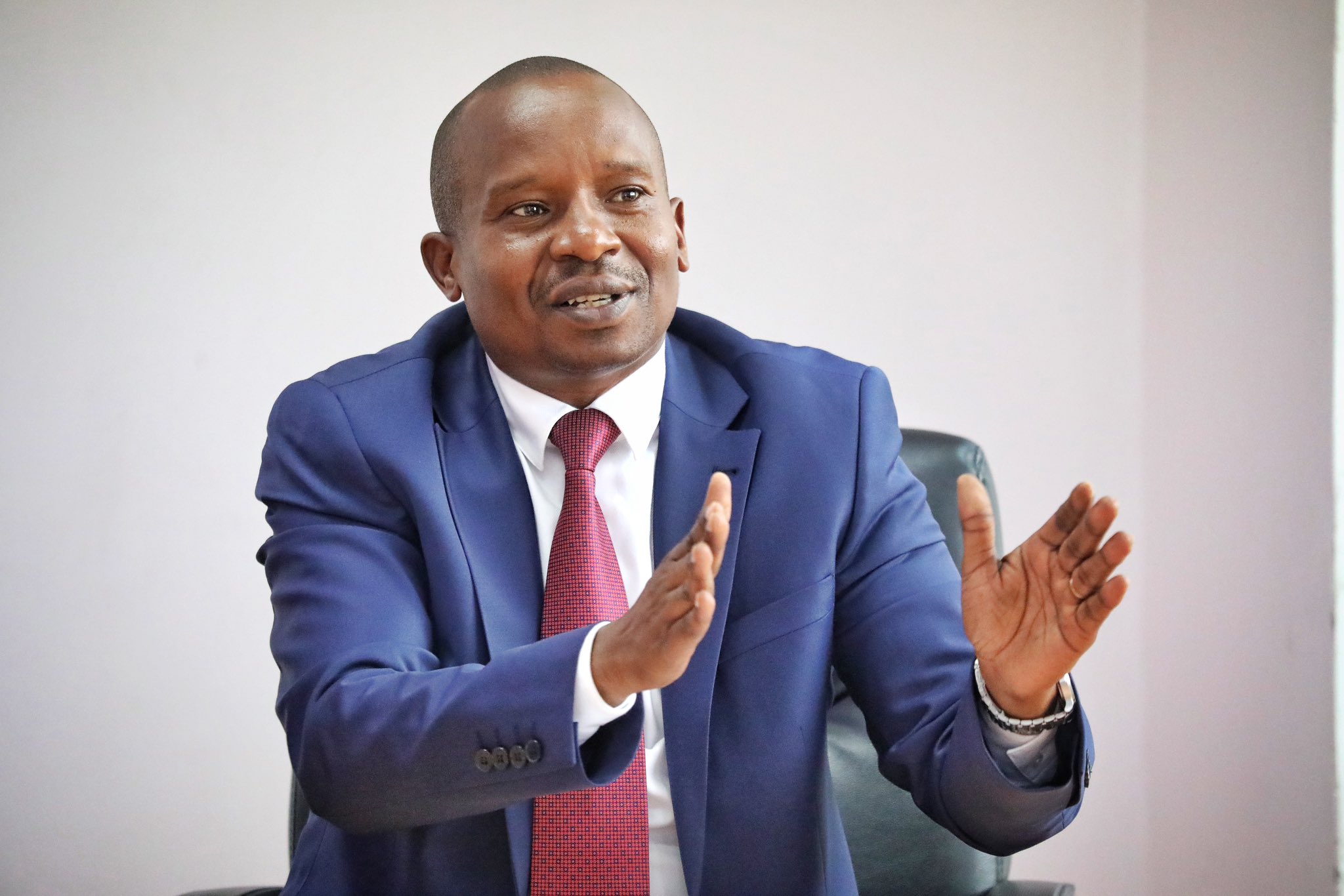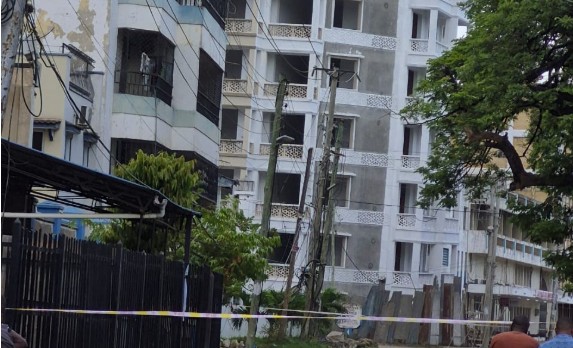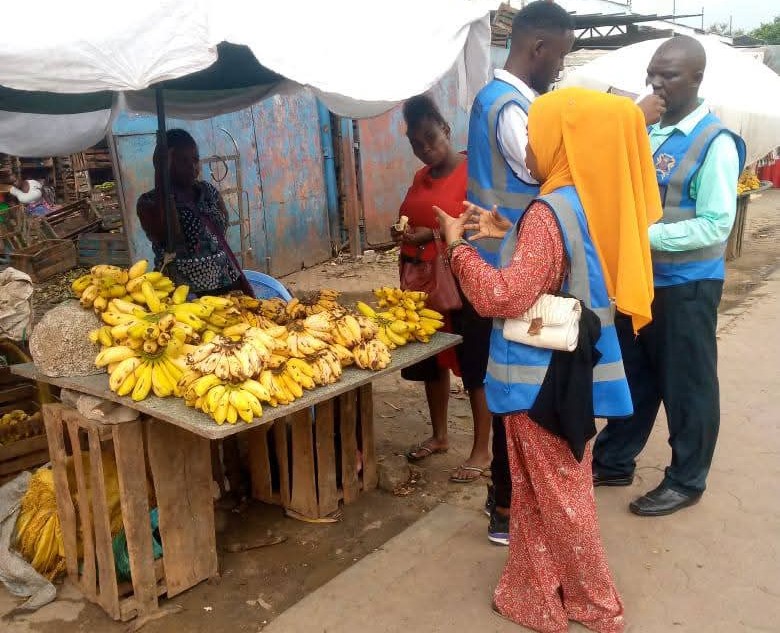Civil society issues harsh mid-term review on Ruto, citing repression and democratic backslide
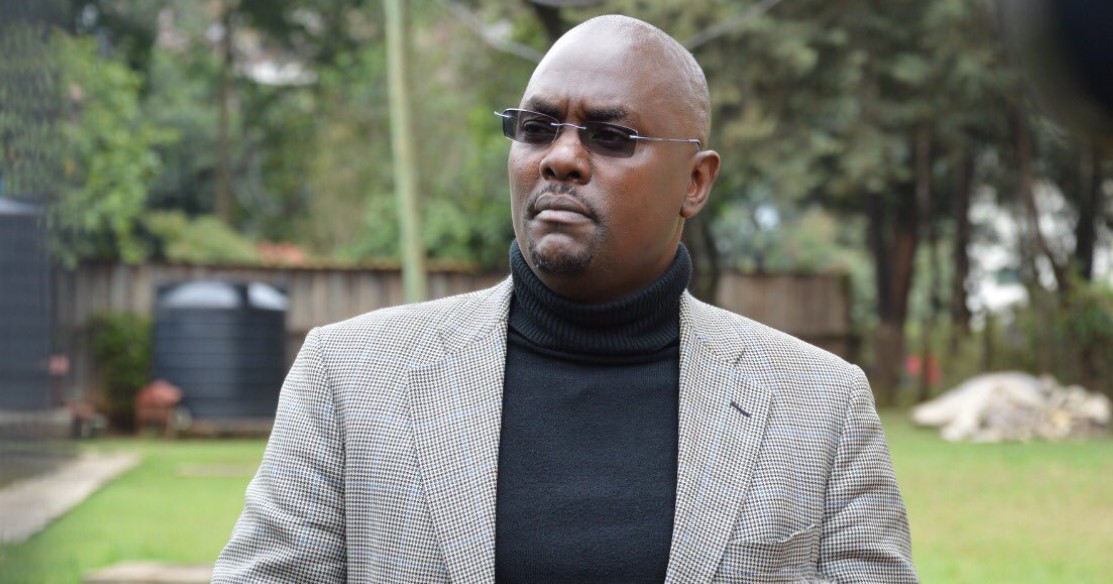
The coalition condemned the government’s approach to housing, accusing it of demolishing homes without compensation under the affordable housing plan. They warned that a proposed law to reduce the time allowed for foreclosure could worsen the situation for low-income families.
Kenya’s civil society has issued a harsh assessment of the first half of President William Ruto’s term, describing his leadership as repressive, chaotic and a threat to democratic progress.
This was delivered at a joint press briefing in Nairobi on Monday, consisting of a coalition of civic groups, lawyers, and policy advocates.
More To Read
They accused the Ruto administration of shrinking freedoms, failing in service delivery and violating human rights on a large scale.
Davis Malombe from the Kenya Human Rights Commission opened the session with a grim warning: “This is a state of national despair. We are witnessing a regime that is systematically dismantling democratic governance and civic freedoms.”
The groups said that the current administration has made public space unsafe, with growing incidents of police violence, unlawful arrests and suppression of protest.
Malombe highlighted the toll of this crackdown, citing 228 cases of police torture and 67 extrajudicial killings reported between January and September 2023.
He said that another 63 people died and more than 600 were injured during last year’s youth-led Gen Z protests.
“The state has abandoned the rule of law. Disappearances, abductions and violent arrests have become normalised,” Malombe said.
Still missing
He said at least 26 Kenyans are still missing after being allegedly abducted by elite police and intelligence units.
The organisations demanded an end to the misuse of police power and called for justice.
“Those found culpable, including high-level command, must be held accountable for their crimes. This regime must immediately cease the politicisation of security agencies and disband elite police units involved in unlawful operations,” Malombe said.
Gender-based violence was a major focus, with civil society expressing concern over increasing cases of femicide.
“In 2024 alone, 570 femicide cases were recorded. This means that more than 30 women are killed every month. This is a direct consequence of state failure to protect women,” said Nerima Wako from Siasa Place.
She cited government figures showing 129 women killed between January and March 2025.
Meetings violently disrupted
Wako added that peaceful meetings have been violently disrupted, often by politically connected groups, during presidential visits in Nairobi and Limuru.
Kenya Human Rights Commission (KHRC) is pushing for femicide to be added as a unique crime in Kenya’s Penal Code, warning that current laws are insufficient to address the threat.
The statement also described a collapse in social services.
Cornelius Oduor from KHRC said that universities are in disarray, funding is unpredictable, and the newly introduced education funding model was already declared unconstitutional.
“Universities are collapsing, funding is chaotic, and the new university model has been declared unconstitutional, yet the government insists on implementing it,” he said.
He also criticised the ongoing transition from NHIF to the Social Health Authority, saying it has created more confusion in the health system and left many people without access to care.
The coalition condemned the government’s approach to housing, accusing it of demolishing homes without compensation under the affordable housing plan. They warned that a proposed law to reduce the time allowed for foreclosure could worsen the situation for low-income families.
Media and civil society
In addition to public service failure, the government was also accused of targeting media and civil society.
Catherine Mbui from Article 19 Eastern Africa said, “There have been physical attacks on journalists, cancellation of government advertising to independent media houses, and new lows that extend digital surveillance. This is a systematic erosion of free expression.”
She added that over 2,800 public benefit organisations were deregistered in 2024, a move seen as an attack on civic space.
Transparency International-Kenya Executive Director Sheila Masinde criticised how public finances are being managed.
“The presidency and the Treasury have been turned into instruments of elite plunder. Public debt continues to balloon with little to show for it. Corruption is choking the nation,” she said.
The coalition demanded urgent reforms to protect democracy, restore justice, and end financial mismanagement. They warned that unless these issues are addressed, the country faces a future of deeper repression and economic collapse.
Top Stories Today

